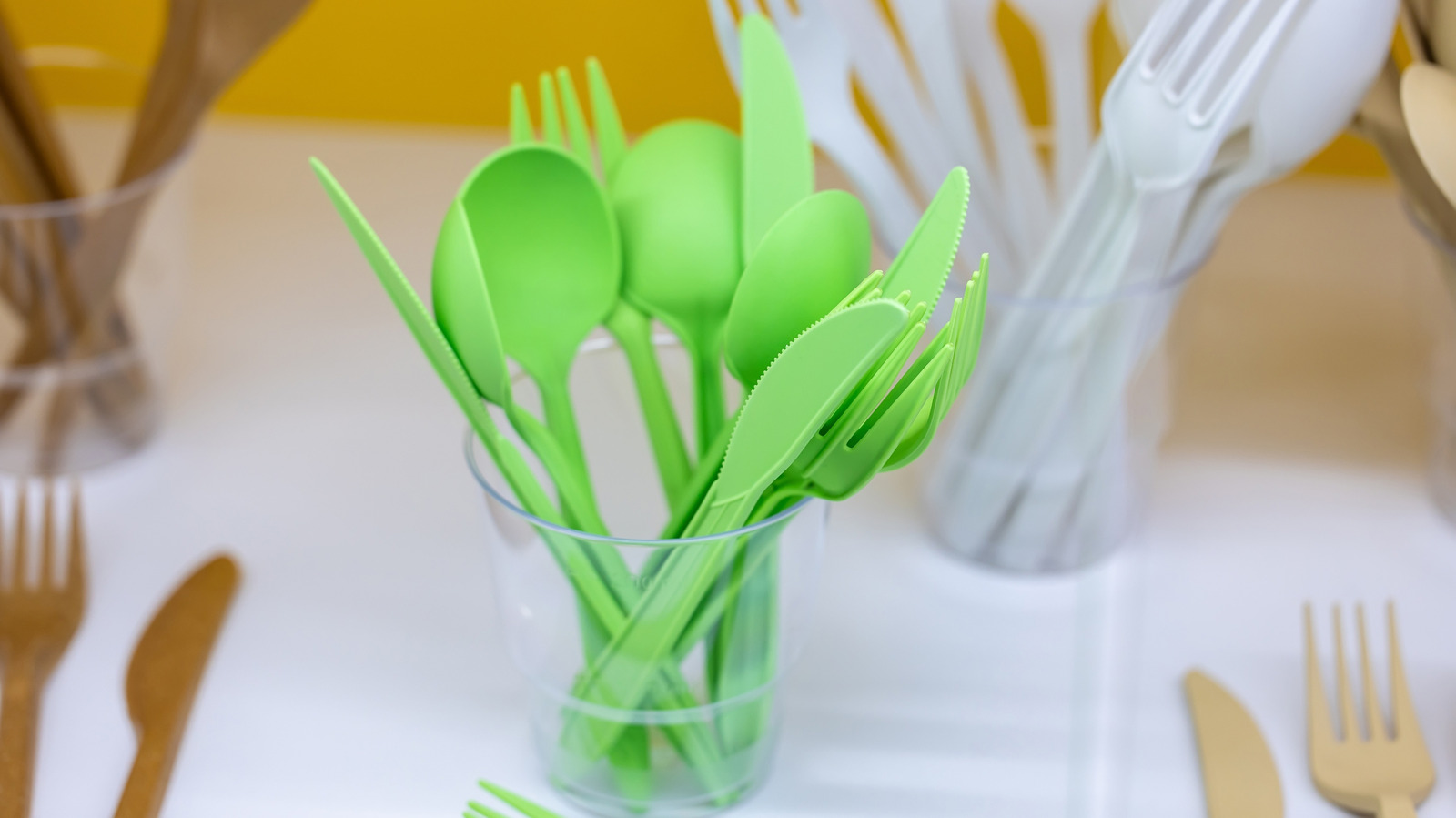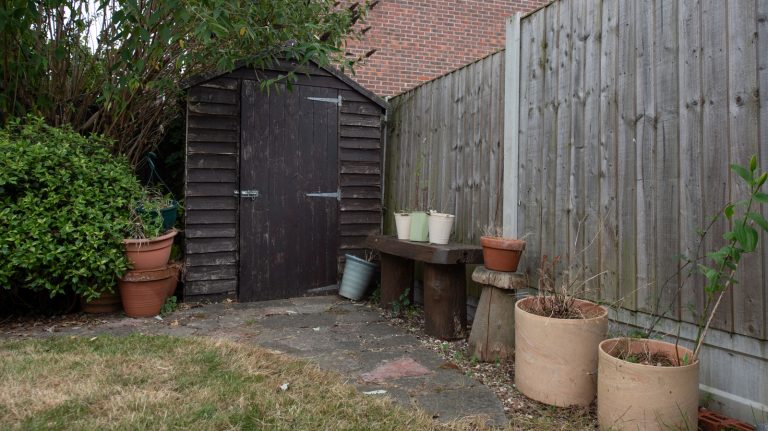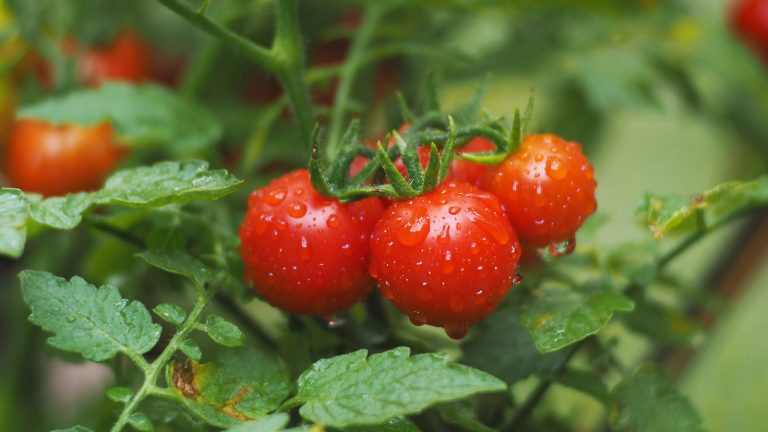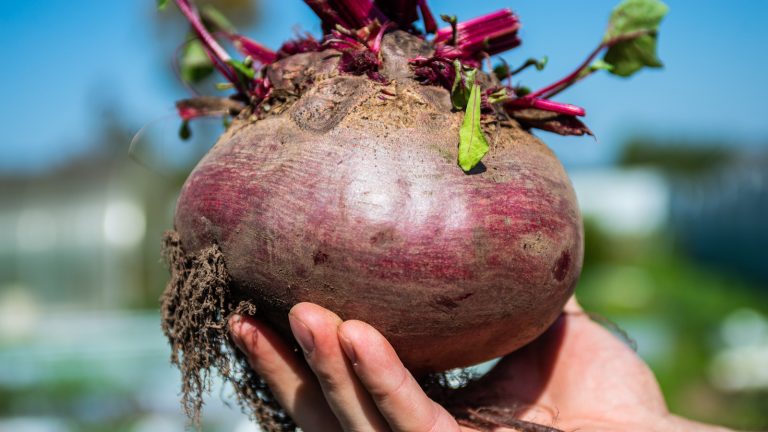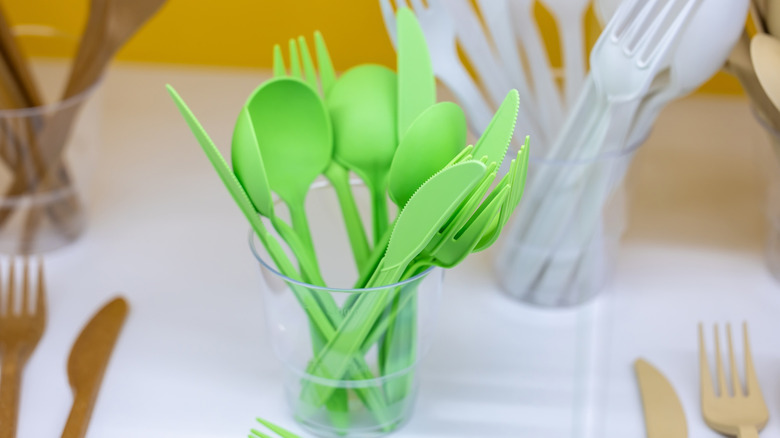
Cultivating your own delectable vegetables in the garden can be incredibly fulfilling, but it does require some effort. You need to enrich the soil, maintain adequate watering, and most challenging of all, protect your garden from pests that can ruin your labor. The struggle to keep animals and pests away from vegetable gardens has led many gardeners to explore unconventional solutions that may or may not be effective. One popular hack involves using plastic forks as a deterrent, but does this method really work?
This hack involves placing a number of plastic forks in your garden with the tines pointed upwards. While this setup might appear somewhat peculiar, the theory is that certain animals and pests, such as rabbits, squirrels, and raccoons, will find navigating over the forks uncomfortable or even painful, leading them to avoid your garden entirely. Furthermore, since plastic forks are not naturally found in gardens, these pesky visitors may perceive them as a potential threat. Essentially, forks can serve as both a physical and visual barrier that wildlife may be reluctant to confront. Even your pets might steer clear of your vegetable beds. While plastic forks can offer some level of protection, they won’t completely safeguard your vegetable patch from all animals and pests. Incidentally, did you know that you can use a common vegetable to help deter rabbits from your yard?
Use this hack alongside other methods
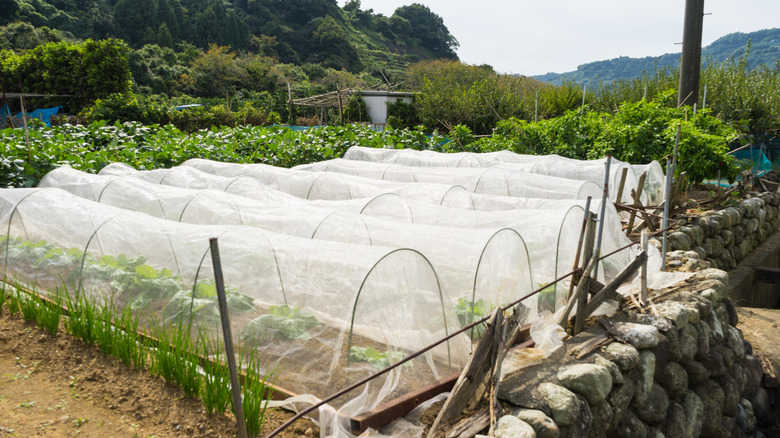
Incorporating plastic forks in your vegetable garden is an eco-friendly way to repurpose an item that might otherwise contribute to landfill waste, which is a definite plus. However, this tactic is most effective when your plants are still seedlings and less so as they mature. Ultimately, your strongest defense against pests is employing a combination of humane methods to keep critters out of your garden.
One traditional technique that gardeners have found success with is companion planting. This involves cultivating certain aromatic plants, such as alliums, rosemary, marigolds, and nasturtiums, around and among your vegetables. The potent scent of these plants often repels animals that find the aroma off-putting, and you might find it effective against deer as well. Some gardeners also use pepper, coffee grounds, and eggshells scattered around their vegetables to deter certain pests. Ultimately, the most reliable way to keep persistent animals away from your vegetable garden is by using physical barriers they cannot penetrate, like chicken wire crop coops from Gardener’s Supply Company or portable fine mesh pop-up crop covers that also keep insect pests at bay. Alternatively, you could use a DIY bamboo fence to keep both pets and pests out of your garden. Employing a variety of critter deterrents should help ensure your vegetables are safe, leading to a bountiful harvest.


